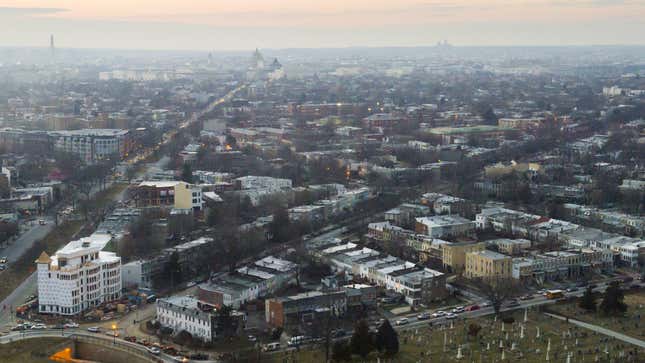Federal Government Finally Considers Granting D.C. Statehood After Two Centuries
Politics

At a press conference on Thursday, White House press secretary Jen Psaki confirmed that President Joe Biden supports D.C. statehood, confirming the stance that Biden first shared while still Vice President back in 2015. “He believes they deserve representation. That’s why he supports D.C. statehood,” Psaki said. Although the issue of D.C. statehood was put on the back burner for a long time, the House Oversight and Reform Committee will convene a hearing on a statehood bill on Monday, and House Majority Leader Steny H. Hoyer recently said that he believes the bill will pass the House before summer.
-

-

-

-

-

-

-

-

-

-

-

-

-

-

-

-

-

-

-

-

-

-

-

-

-

-

-

-

-

-

-

-

-

-

-

-

-

-

-

-








































